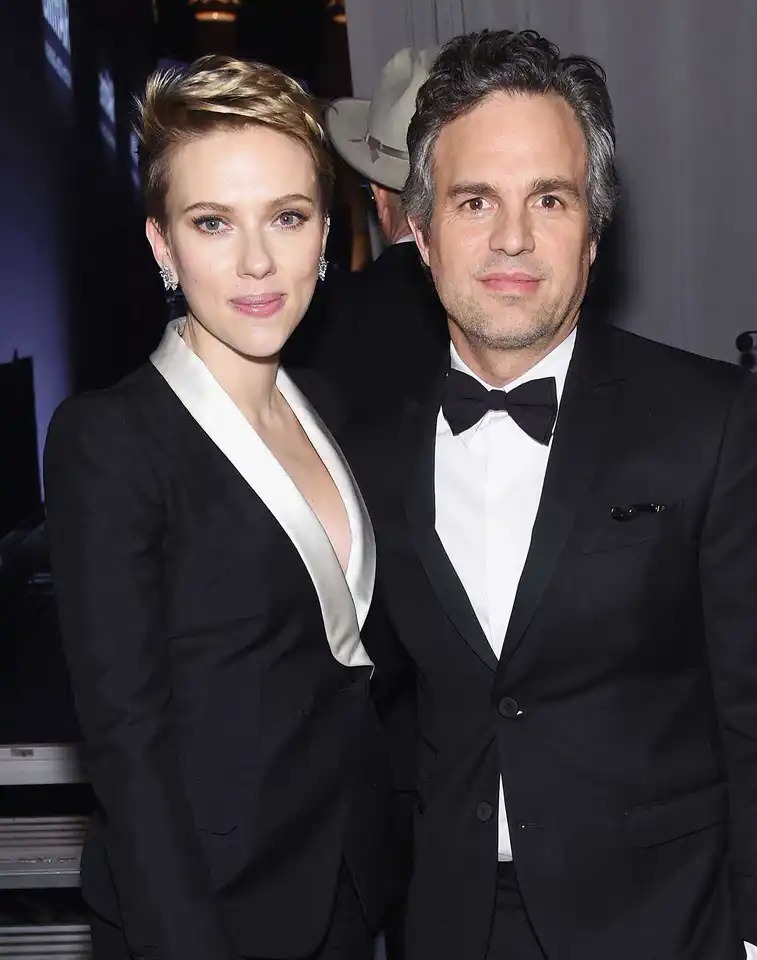Scarlett Johansson, celebrated actress and Hollywood A-lister, recently made headlines with a historic lawsuit that sent ripples through the entertainment industry. The impact of her legal battle reverberates far beyond the courtroom, sparking discussions about gender equality, contractual disputes, and the evolving dynamics of power in Hollywood.

The catalyst for this groundbreaking lawsuit was Johansson’s portrayal of Natasha Romanoff, also known as Black Widow, in the Marvel Cinematic Universe (MCU). The actress filed a lawsuit against Disney, the parent company of Marvel Studios, alleging a breach of contract regarding the release strategy of the film “Black Widow.”

Johansson contended that her contract included a clause that guaranteed an exclusive theatrical release, with her salary directly tied to the film’s box office performance. However, Disney opted for a simultaneous release in theaters and on their streaming platform, Disney+. This decision, according to Johansson, adversely affected the film’s box office revenue and, consequently, her earnings.

The lawsuit became a watershed moment for Hollywood, shining a spotlight on the longstanding debate surrounding compensation structures and profit-sharing in an industry undergoing rapid transformation. It ignited conversations about the traditional theatrical model versus the rise of streaming services, with actors seeking fair compensation in this evolving landscape.

Scarlett Johansson’s legal action underscored the importance of clear and adaptable contracts, especially in an era where the dynamics of film distribution are in flux. The case prompted both studios and talent to reconsider contractual terms, ensuring that compensation agreements align with the diverse distribution strategies employed by the industry today.

Furthermore, Johansson’s lawsuit sparked a broader conversation about gender equality in Hollywood, shedding light on the disparities in pay and opportunities for male and female actors. It became a rallying point for advocates pushing for greater transparency and fairness in the notoriously opaque world of Hollywood contracts.

As the case unfolded, Scarlett Johansson’s resilience and determination garnered widespread support from her peers and industry professionals. The lawsuit’s resolution and the subsequent changes in industry practices will undoubtedly shape the future of Hollywood, influencing how contracts are structured and negotiations are conducted.
Scarlett Johansson’s historic lawsuit against Disney stands as a pivotal moment in the entertainment industry’s ongoing transformation. It serves as a catalyst for change, prompting a reevaluation of contractual norms, gender pay gaps, and the broader power dynamics within Hollywood. The repercussions of this legal battle will likely leave a lasting impact on the industry, setting a precedent for how actors navigate their contracts in the evolving landscape of film distribution.



